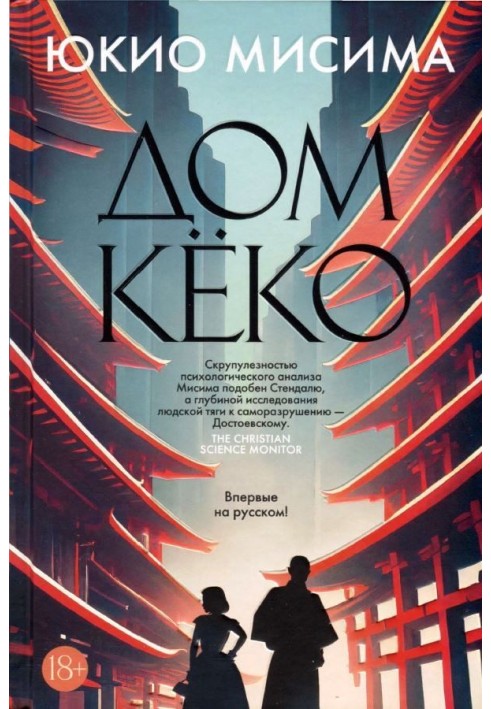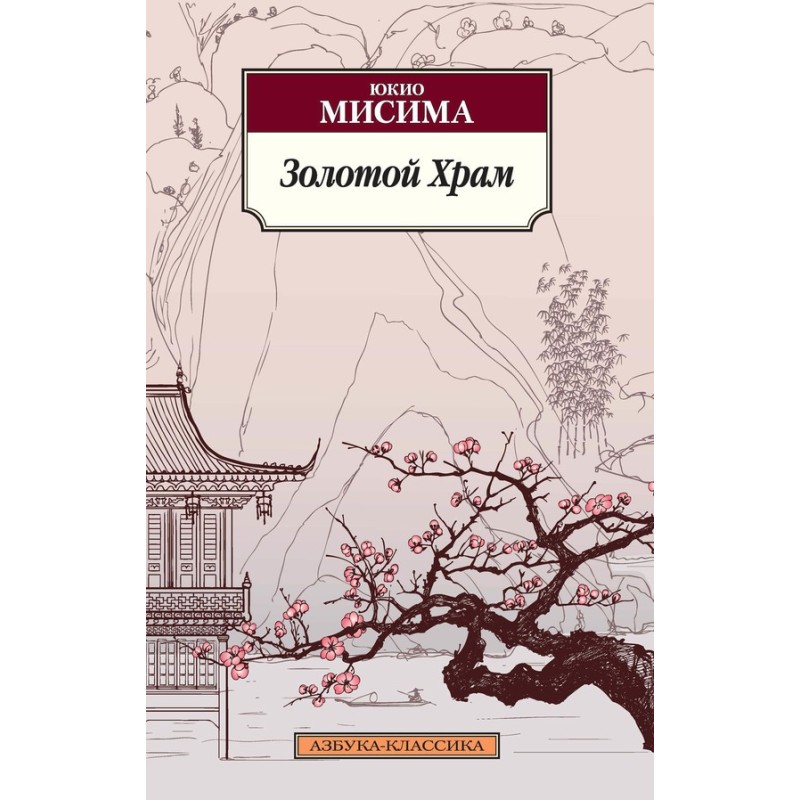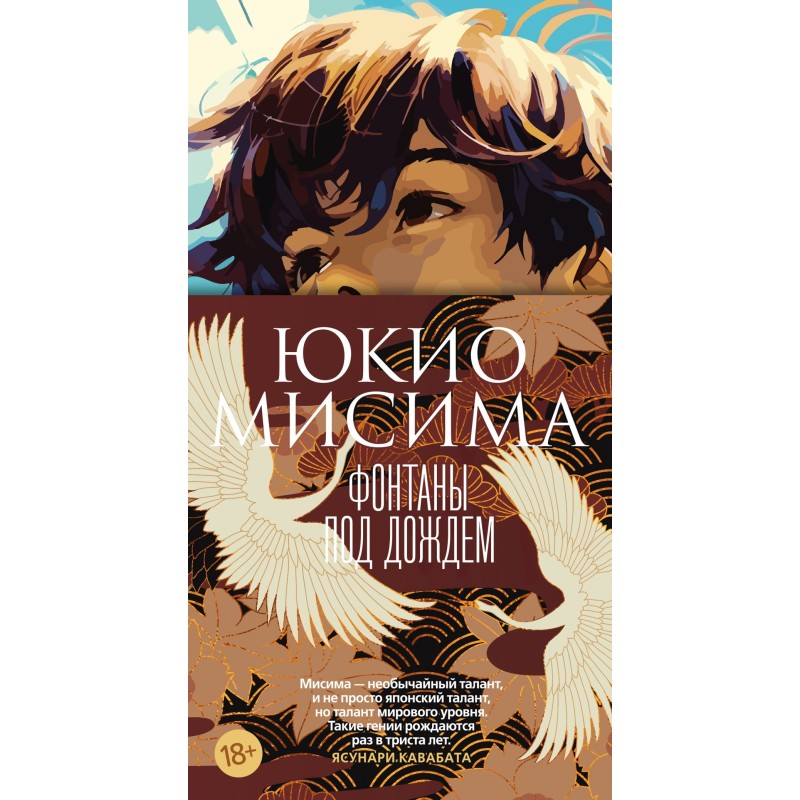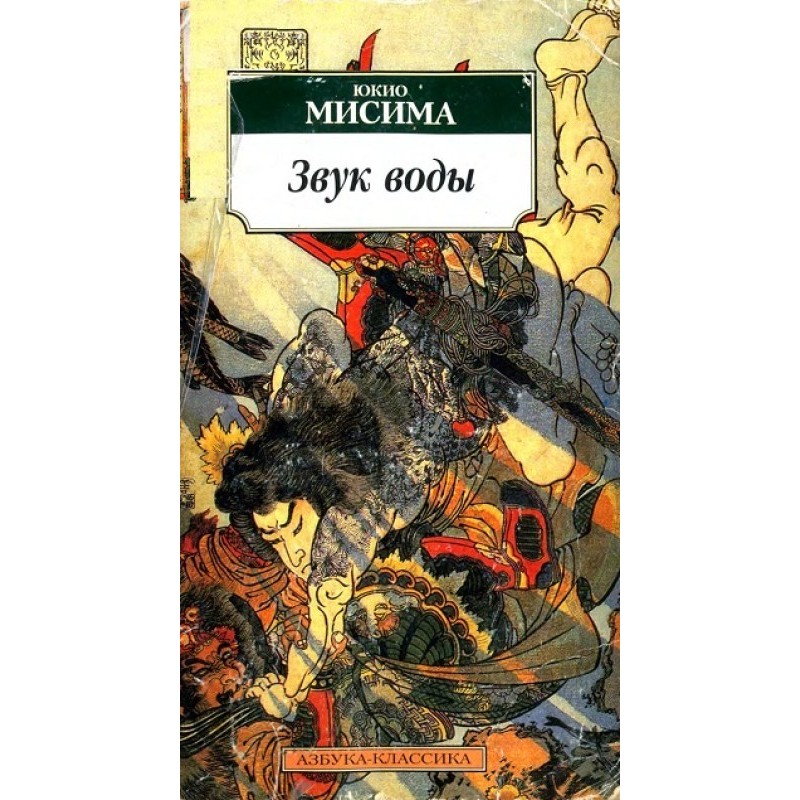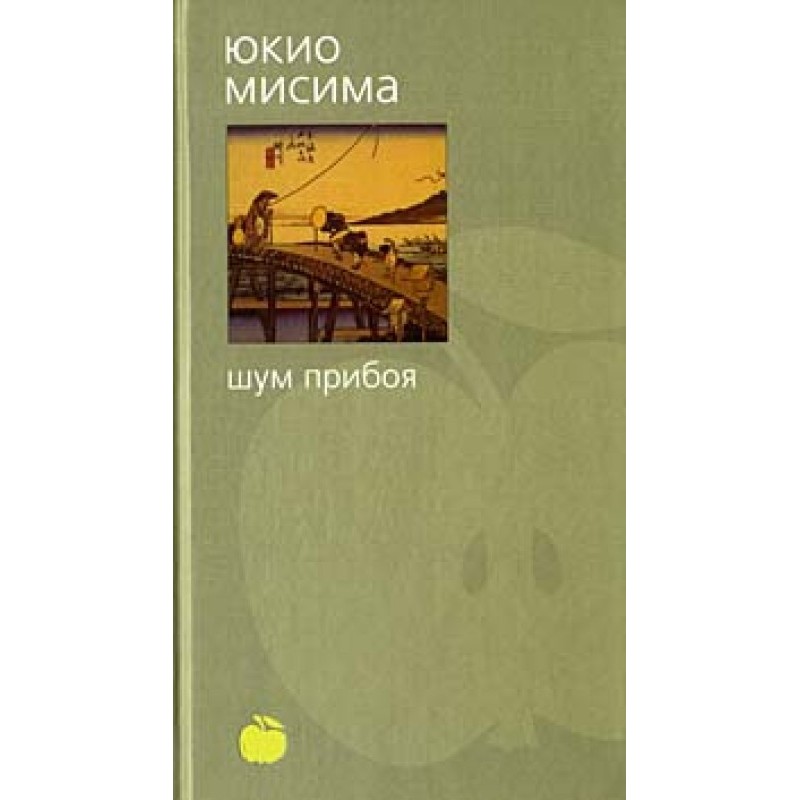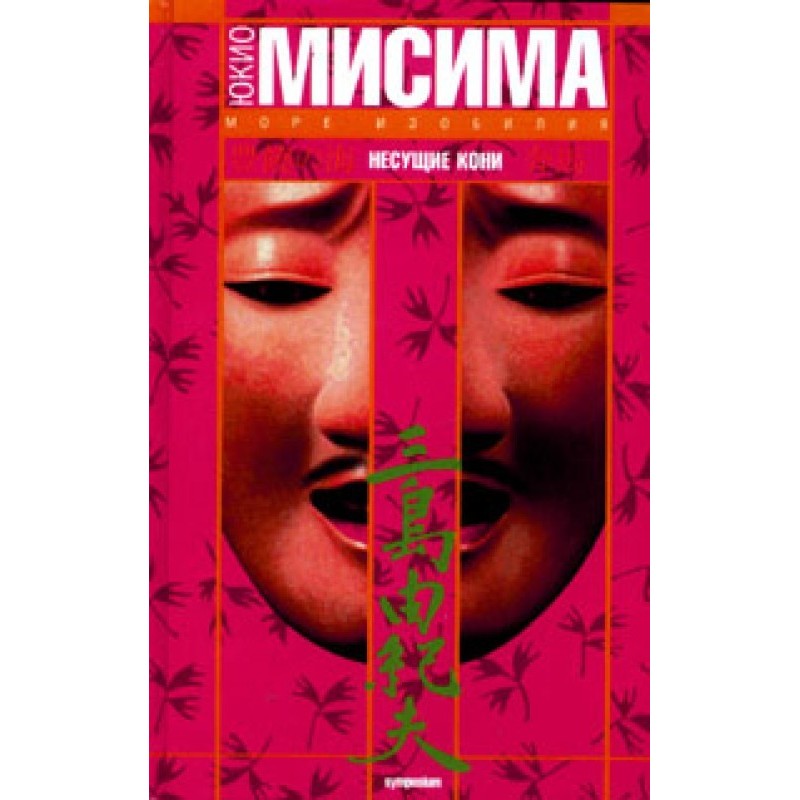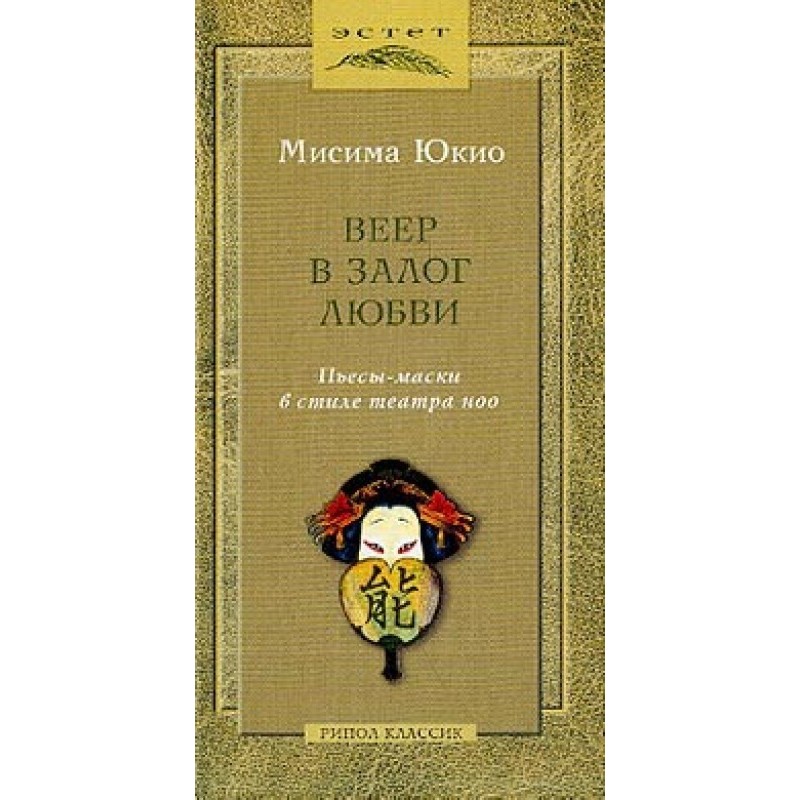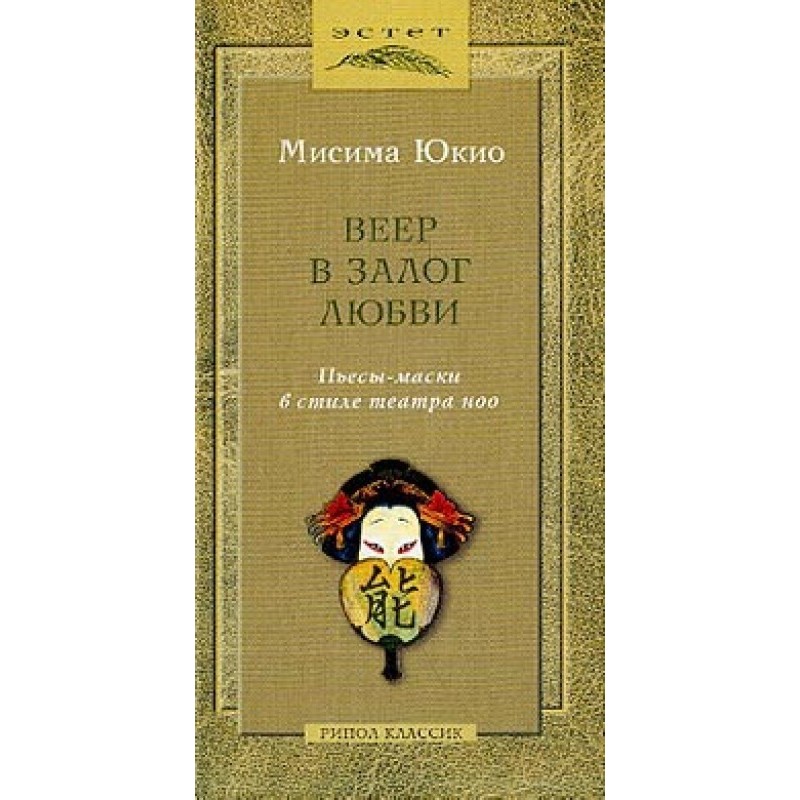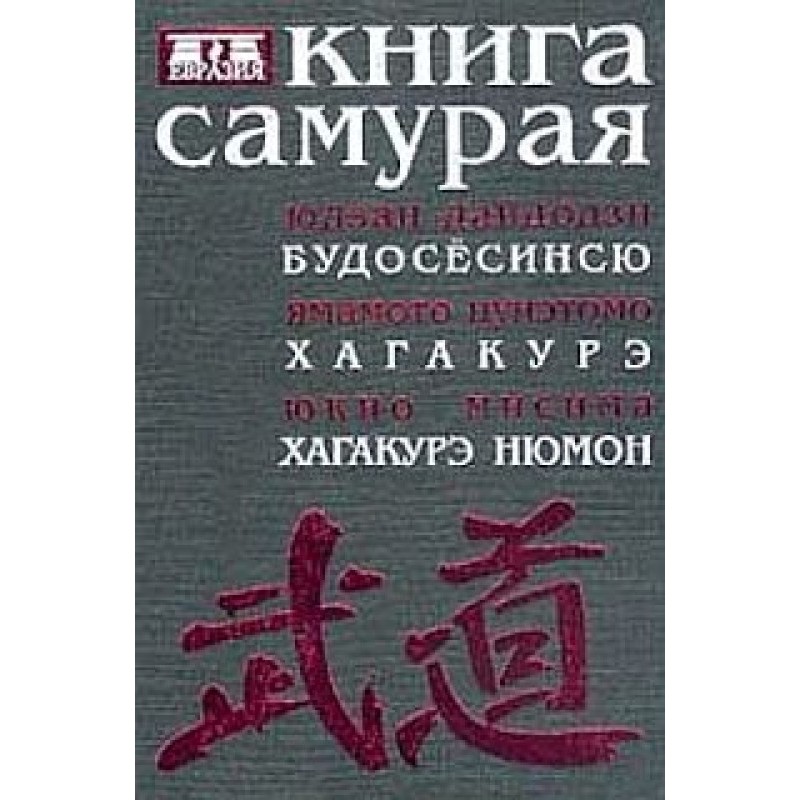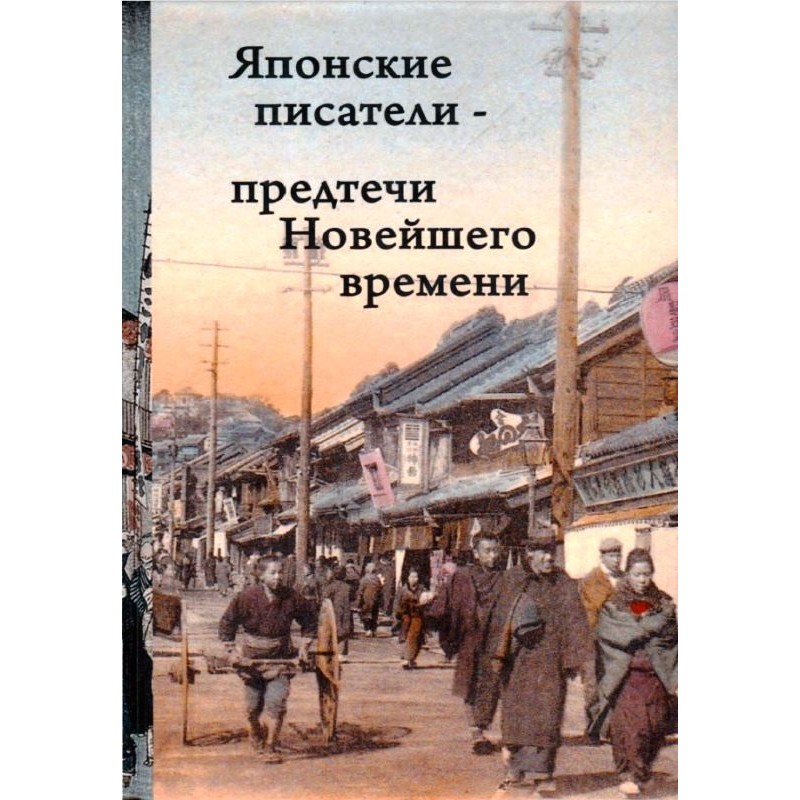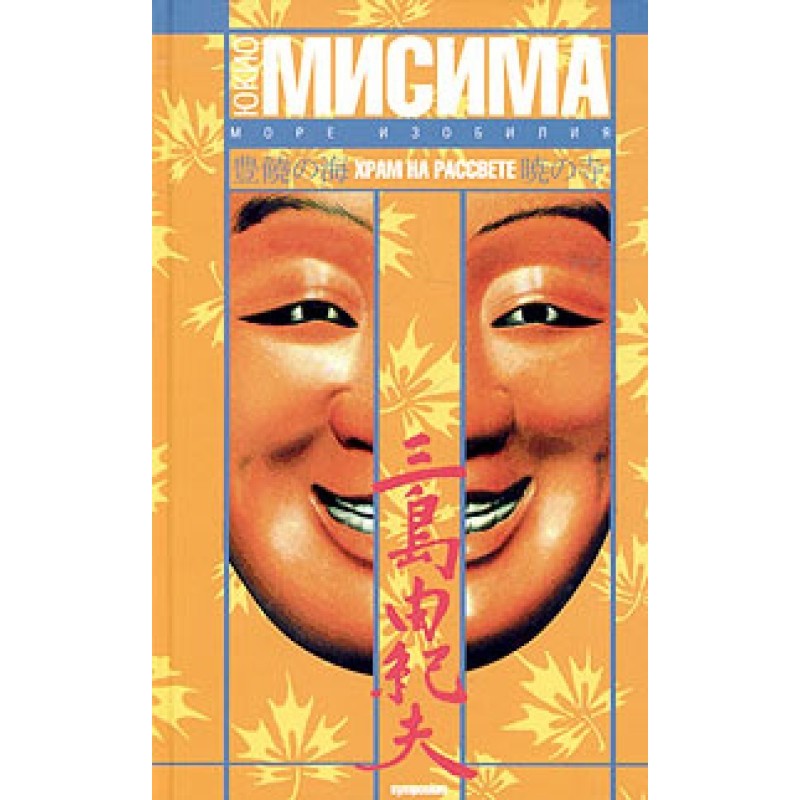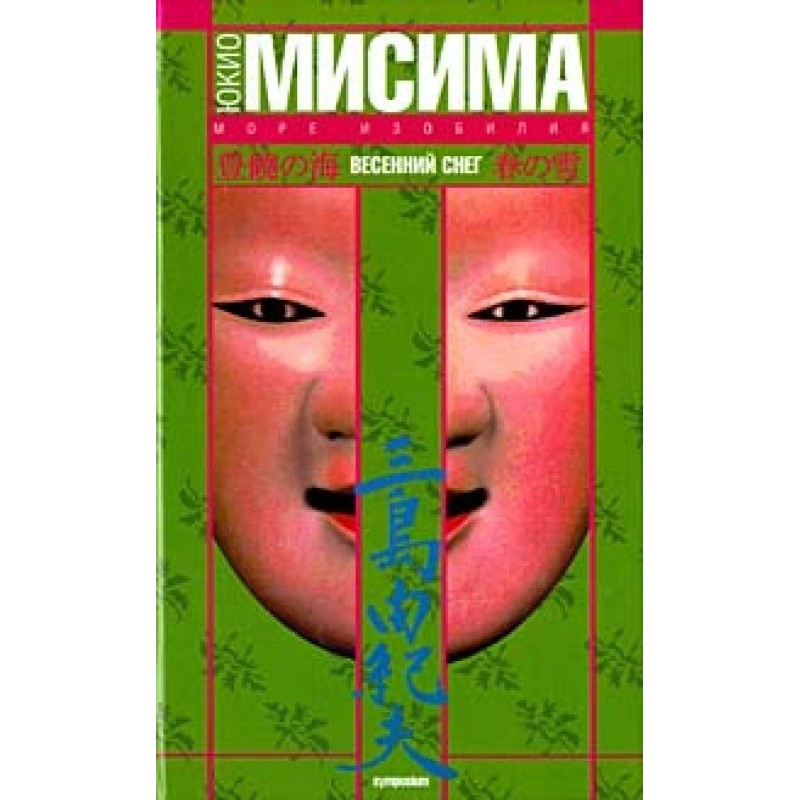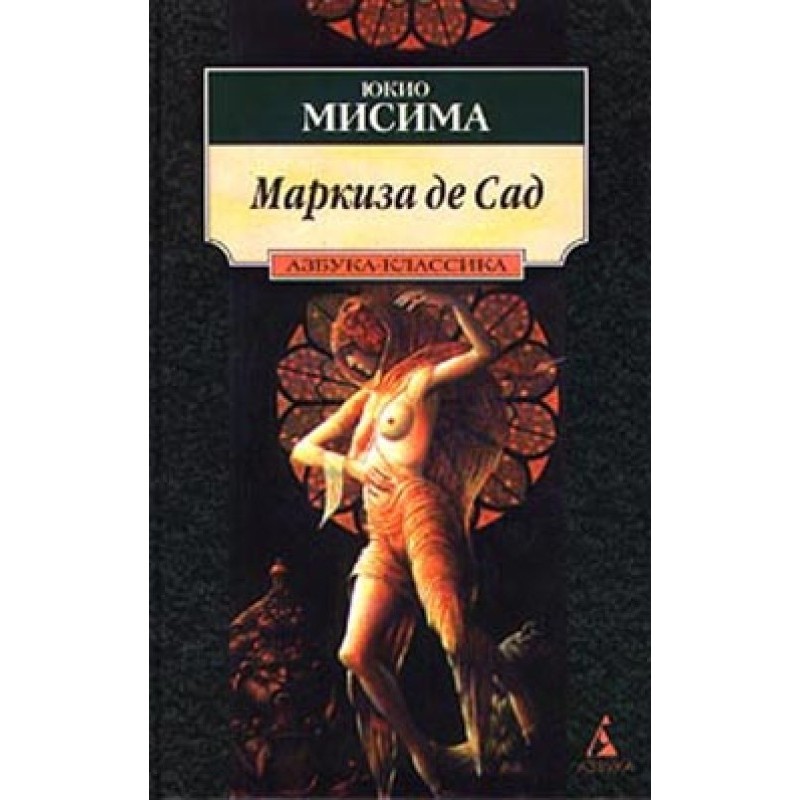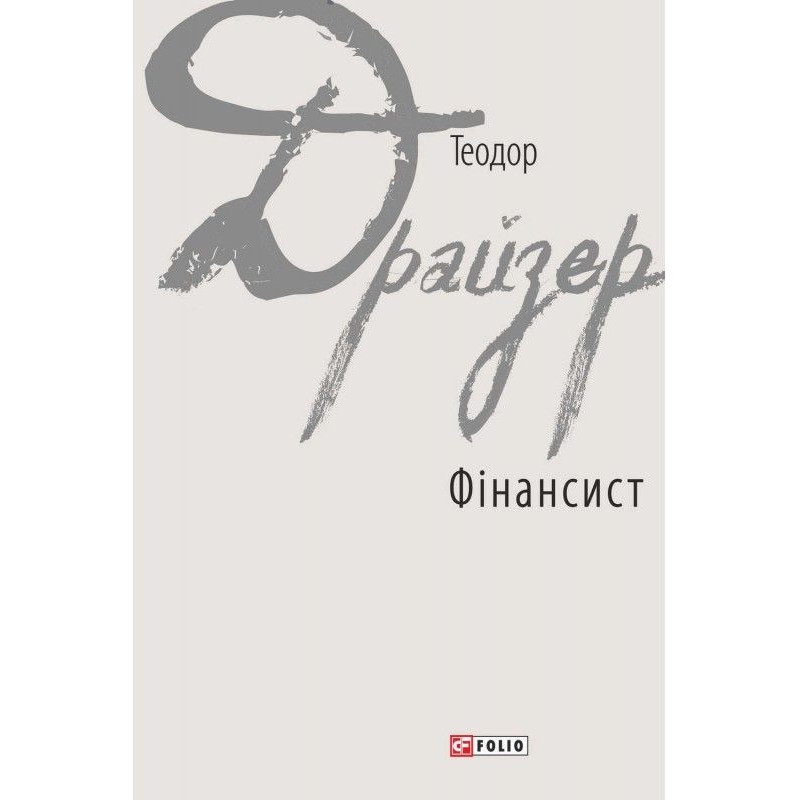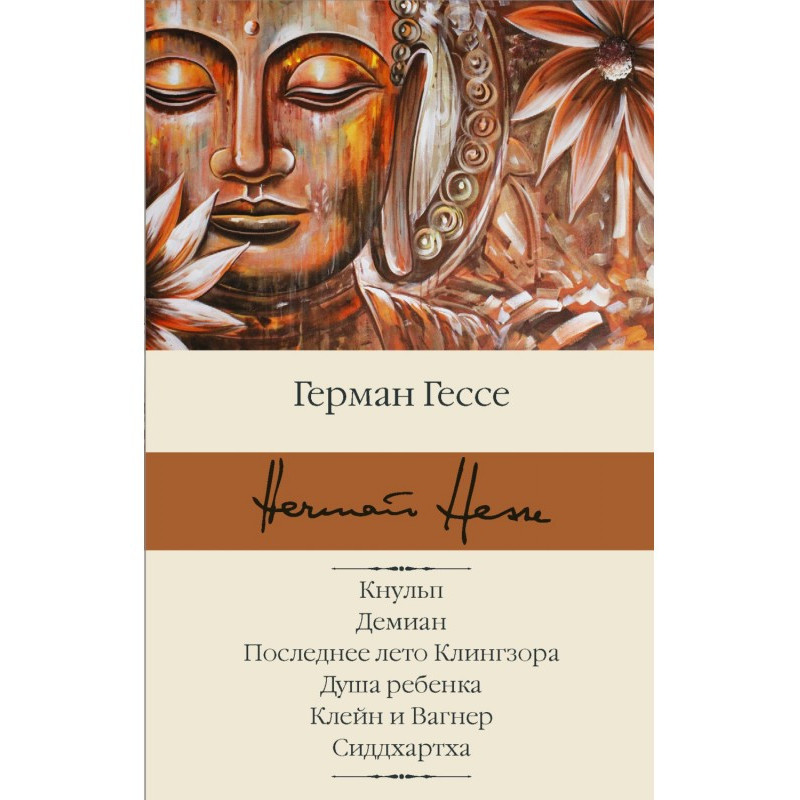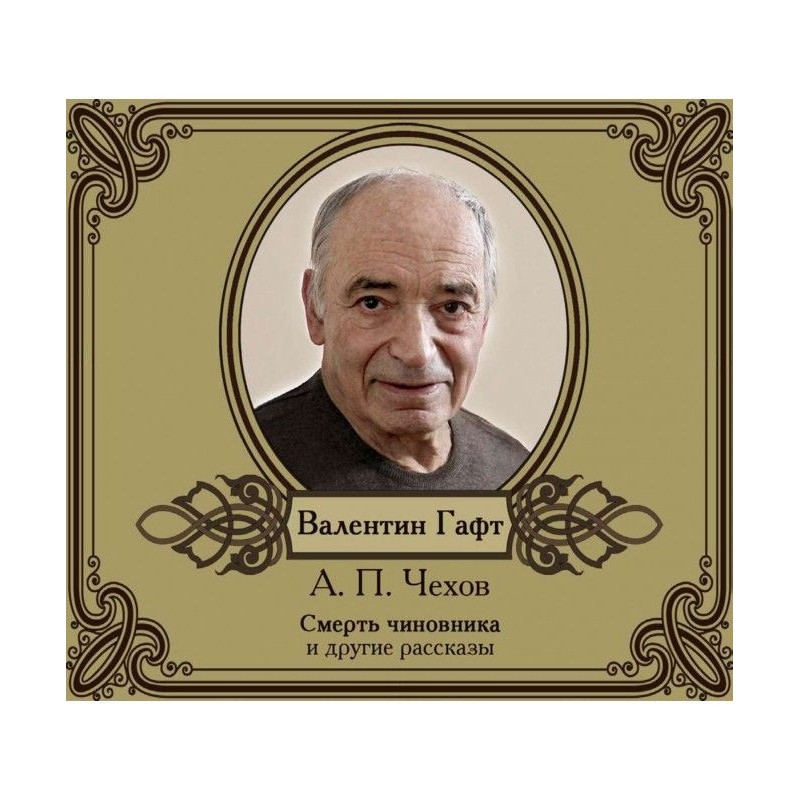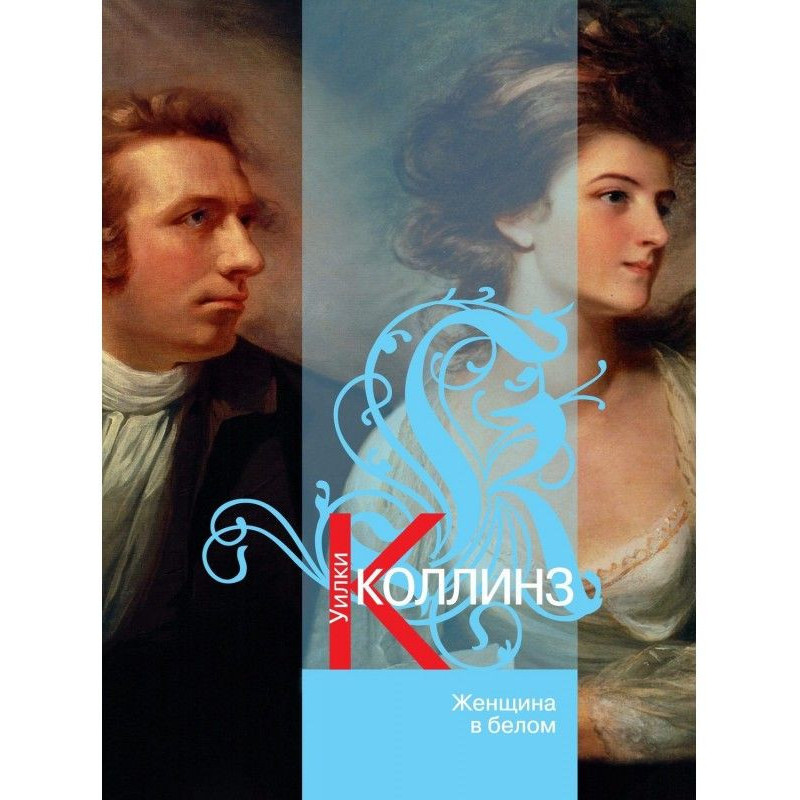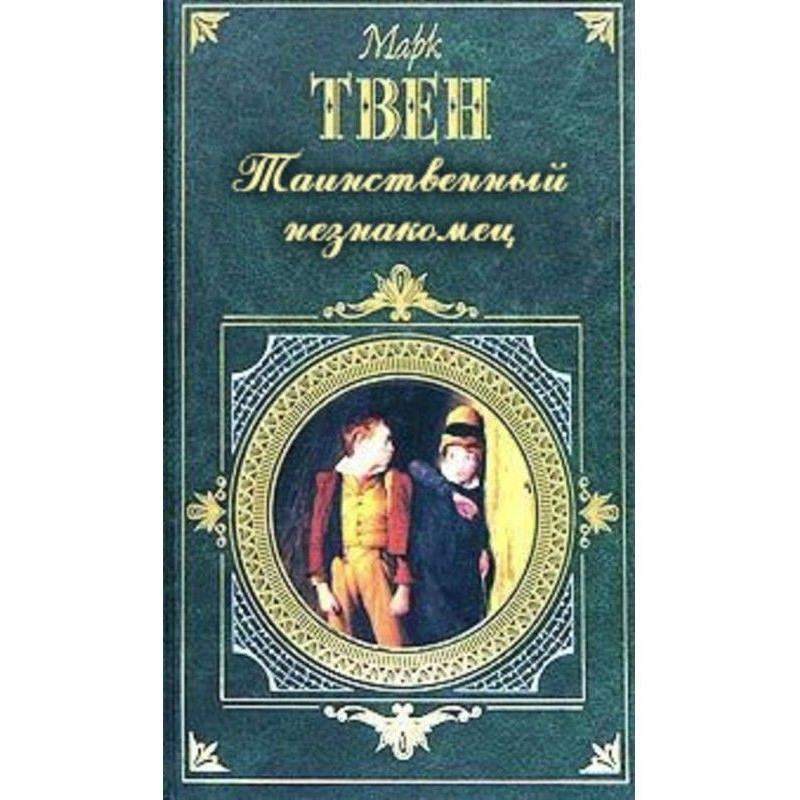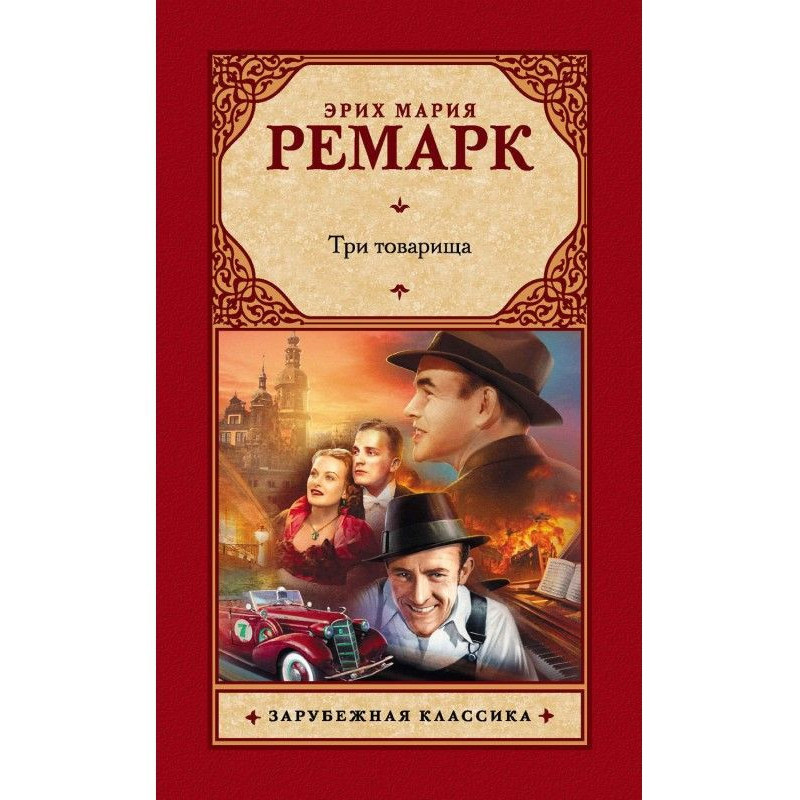Kyoko's house
 Instant download
Instant download
after payment (24/7)
 Wide range of formats
Wide range of formats
(for all gadgets)
 Full book
Full book
(including for Apple and Android)
Yukio Mishima (1925–1970) is a literary star of the 20th century, the most widely read Japanese author in the world, the owner of a brilliant talent, famous both for his works of the widest range and variety of genres (novels, plays, stories, essays), and for his stunning biography (obsession with bodybuilding, far-right political inclinations, hara-kiri after an unsuccessful attempt at a monarchical coup). “Kyoko’s House” is the story of four young people who are regulars at the salon (or parishioners of the temple) in which the mistress (or priestess) Kyoko reigns. These four are the four facets of the author himself: a sensitive, innocent artist; an energetic boxer with a passion for sports; an unclaimed narcissistic actor, mesmerized by his beauty; and a businessman who, pretending to be a careerist, professes nihilism, despises reality and believes in the inevitable end of the world. And with them, Kyoko is their mirror, their guide on a journey through the hell of modernity, the mistress of the house where they all find shelter and can open their souls. It’s the first half of the 1950s - the post-war period in Japan is over, prosperity is already taking root and is gradually sprouting from ruins, but all five do not trust modernity and, looking from Kyoko’s balcony, see only ruins. The new era is a wall, a dead end, “a gigantic gap, shapeless and colorless, like a reflection of the summer sky in a mirror,” as critics wrote; a decade and a half later, the same intonation would be heard by Hubert Selby Jr. The four guests and Kyoko will gain success for a short time, but success will inevitably lead to fall, disappointment, and death. One day the doors of Kyoko's house will close. The end of the world is inevitable. We all still live on the eve of it. Fans are eagerly awaiting the translation of this novel into English to this day, and for the first time we are publishing it in Russian.
The sign of information products (18+).
In his scrupulous psychological analysis, Mishima is similar to Stendhal, and in the depth of his study of the human craving for self-destruction, Dostoevsky. THE CHRISTIAN SCIENCE MONITOR
“Kyoko's House” is a novel full of distrust of modernity. Saori Nakamoto, literary critic
Kyoko's House is my exploration of nihilism. In The Golden Temple I portrayed “individuals,” but here the hero is not an individual, but an era. Yukio Mishima
Data sheet
- Name of the Author
- Юкио Мисима
- Language
- Russian
- Translator
- Елена Викторовна Стругова
Reviews
Вражаюча подорож у світ людських пристрастей і нігілізму
«Дім Кеко» — це не просто роман, це справжній літературний шедевр, який занурює читача в глибини людської душі та сучасності. Юкіо Місіма майстерно створює образи чотирьох молодих людей, які представляють різні аспекти його власної особистості, і через їхні переживання ми можемо спостерігати за боротьбою між ідеалами та реальністю. Кеко, як провідниця, стає символом надії та руйнування, відображаючи внутрішні конфлікти героїв. Місіма вражає своєю здатністю проникати в психологію персонажів, розкриваючи їхні страхи, мрії та розчарування. Кожна сторінка наповнена емоціями, які змушують задуматися про сенс життя, успіх та неминучість падіння. Ця книга залишає глибокий слід у душі, спонукаючи до роздумів про сучасність та наше місце в ній. Рекомендую всім, хто цінує літературу, що викликає емоції та запитання

